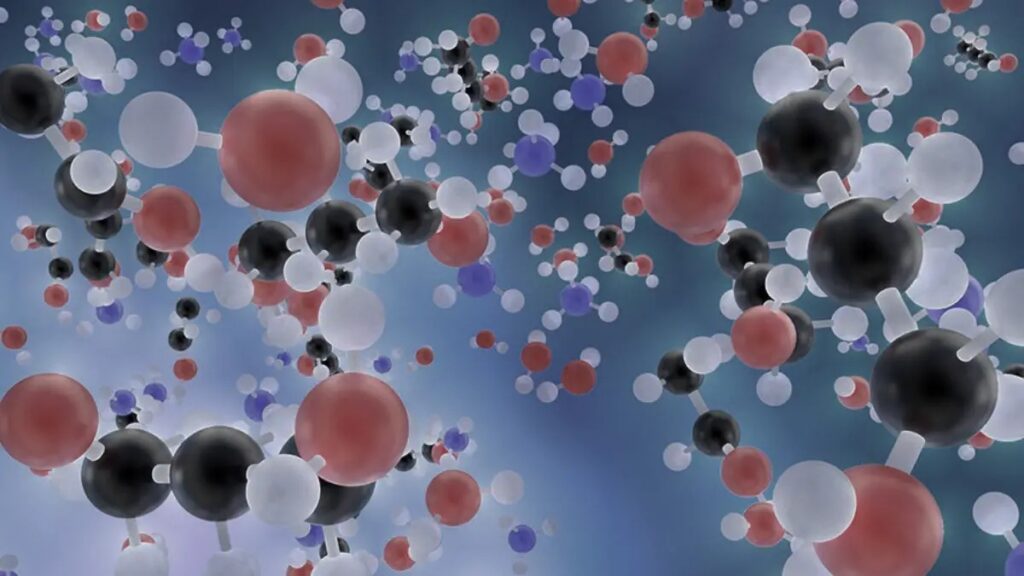Electrolytes are essential minerals in your body that help regulate various physiological functions, including nerve function, muscle contractions, and maintaining proper hydration. An electrolyte imbalance, whether it’s a deficiency or excess, can lead to health issues. In this article, we’ll focus on how to spot electrolyte deficiencies and how to treat them.
Common Electrolytes: The major electrolytes in your body include:
- Sodium (Na+): Regulates fluid balance and blood pressure.
- Potassium (K+): Crucial for nerve and muscle function.
- Calcium (Ca2+): Aids in muscle contraction, blood clotting, and bone health.
- Magnesium (Mg2+): Supports muscle and nerve function, and bone health.
- Chloride (Cl-): Helps maintain fluid balance and pH levels.
- Phosphate (PO43-): Important for energy production and bone health.
Spotting Electrolyte Deficiencies:
- Muscle Cramps: Frequent muscle cramps, particularly in your legs, can be a sign of a potassium, magnesium, or calcium deficiency.
- Fatigue: Electrolyte imbalances can lead to unexplained fatigue and weakness.
- Heart Palpitations: Irregular heartbeats or palpitations can result from low levels of potassium or magnesium.
- Nausea and Vomiting: Persistent nausea and vomiting can lead to electrolyte disturbances, particularly low levels of potassium and chloride.
- Frequent Thirst: If you’re unusually thirsty, it could be a sign of sodium or potassium imbalances.
- Dizziness or Confusion: Electrolyte deficiencies can affect brain function, leading to dizziness, confusion, or even seizures.
Treating Electrolyte Deficiencies:
- Rehydrate: For mild dehydration-related electrolyte imbalances, drinking water or oral rehydration solutions can help restore balance.
- Dietary Changes: Include electrolyte-rich foods in your diet. For example, consume bananas, oranges, and potatoes for potassium; dairy products for calcium; and nuts and seeds for magnesium.
- Supplementation: In severe cases, your healthcare provider may recommend supplements. However, this should only be done under medical supervision, as over-supplementation can lead to imbalances.
- Medication Adjustment: Some medications, like diuretics, can lead to electrolyte imbalances. Your healthcare provider may need to adjust your medication.
- Treat Underlying Conditions: Certain medical conditions, like kidney disorders, can cause electrolyte imbalances. Treating the underlying condition is crucial.
- Stay Hydrated: Proper hydration is essential to maintain electrolyte balance. Drink an adequate amount of water daily.
It’s important to note that while these guidelines can help you spot and manage mild electrolyte imbalances, severe imbalances or those caused by underlying medical conditions require medical attention. If you experience persistent symptoms or suspect an electrolyte deficiency, consult a healthcare professional for proper diagnosis and treatment.
